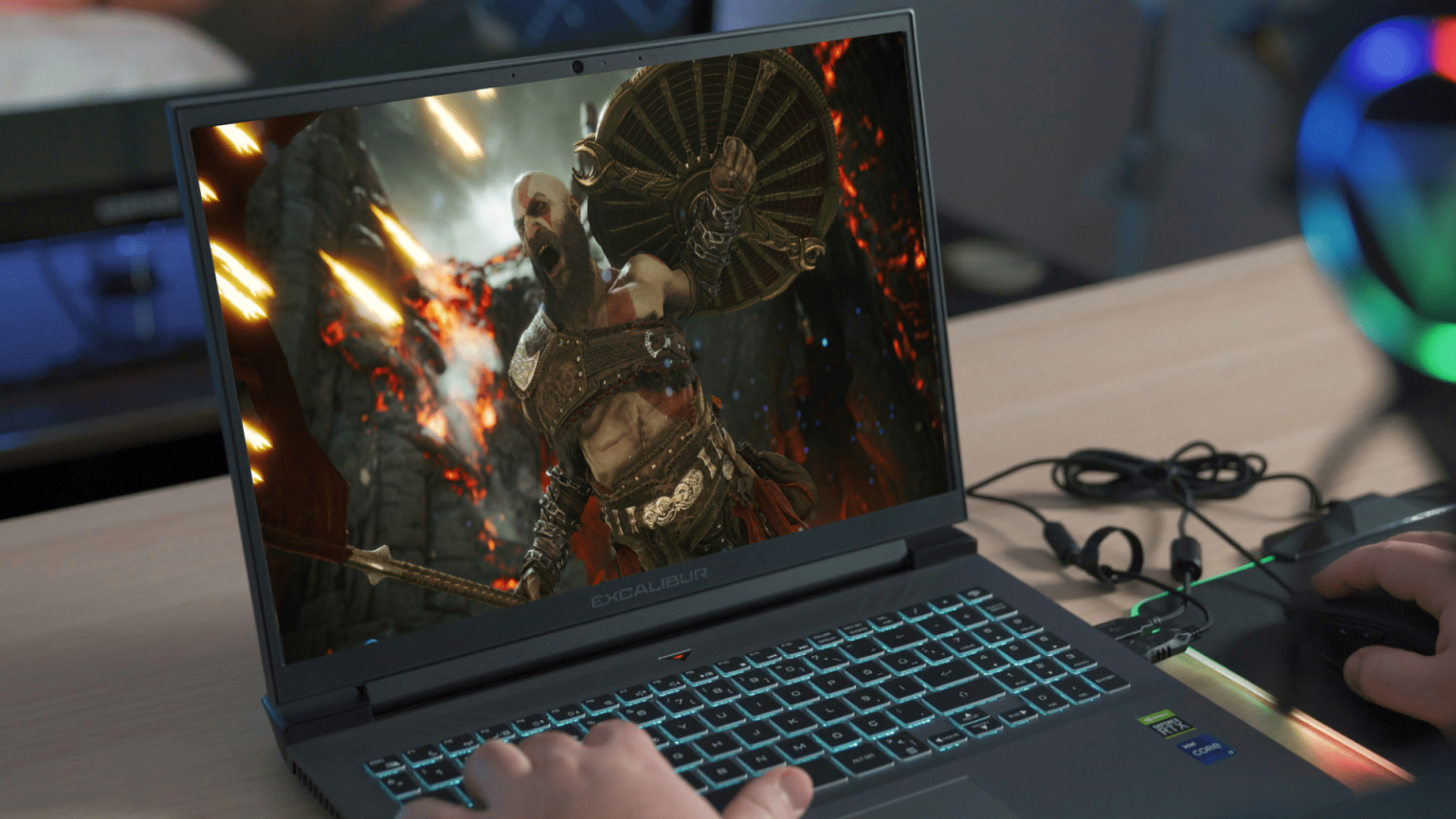The clash between PlayStation and PC gamers over the mandatory PlayStation Network (PSN) account requirement for playing PlayStation games on PC has finally come to a resolution after nearly a year of contention. Sony, in a move that surprised many, has reversed its controversial policy, making PSN accounts optional for PC players. This decision signifies a significant shift in Sony’s approach to PC gaming, acknowledging the frustration and exclusion experienced by players in regions without PSN access. This reversal also addresses the broader criticism levied against the requirement, which many saw as an unnecessary hurdle for PC gamers who simply wanted to enjoy PlayStation titles on their preferred platform.
The initial implementation of the PSN requirement sparked widespread outrage within the PC gaming community. The core issue revolved around the unavailability of PSN in certain regions, effectively barring players in those areas from accessing new PlayStation releases on PC. Even players who had previously enjoyed PlayStation titles on their computers found themselves locked out of new purchases. The situation was further complicated by inconsistent application of the policy, with some games like Helldivers 2 initially requiring PSN and then retracting the requirement after significant backlash. Similar confusion arose with Ghost of Tsushima, where pre-orders were accepted before the PSN requirement announcement, leading to refunds for numerous disgruntled customers.
Despite the initial missteps and the evident player dissatisfaction, Sony persisted with the PSN requirement for several subsequent PC releases, including major titles like Until Dawn, God of War Ragnarök, and Horizon Zero Dawn Remastered. This continued enforcement fueled the ongoing conflict between PlayStation and its PC player base. The requirement was widely perceived as anti-consumer, creating an unnecessary barrier between Sony and a growing market segment. Many viewed the policy as a clumsy attempt to push PC players towards the PlayStation ecosystem, rather than a genuine effort to enhance the PC gaming experience.
The recent reversal of the PSN requirement for PC represents a significant concession by Sony, acknowledging the validity of player concerns and the negative impact of the policy. The change currently affects several high-profile titles, including Marvel’s Spider-Man 2, God of War Ragnarök, Horizon Zero Dawn Remastered, and the upcoming The Last of Us Part 2 Remastered. Sony’s official announcement confirmed the shift, stating that a PSN account will become optional for these titles, while still offering benefits like trophies and friend management for those who choose to link their accounts.
Instead of excluding players without PSN accounts, Sony has opted to incentivize account linking by offering in-game rewards. These range from costumes in Spider-Man 2, Horizon Zero Dawn, and The Last of Us Part 2, to armor, resources, and experience points in God of War Ragnarök. This approach allows players to choose whether they want to engage with the PSN ecosystem, while still providing an incentive for those who opt to connect. This strategy is far more palatable to PC gamers and avoids the exclusionary practices that marred the previous policy.
The gaming community now anticipates that Sony will extend this revised policy to future PlayStation releases on PC and retroactively apply it to existing titles. While no official confirmation has been provided, such a move would further bridge the gap between PlayStation and its PC player base. By removing the contentious PSN requirement and offering optional rewards, Sony has taken a significant step towards fostering a more positive relationship with PC gamers. This approach recognizes the unique needs and preferences of PC players, rather than attempting to force them into a pre-existing console ecosystem. The move could potentially pave the way for a more inclusive and harmonious future for PlayStation gaming across platforms.


